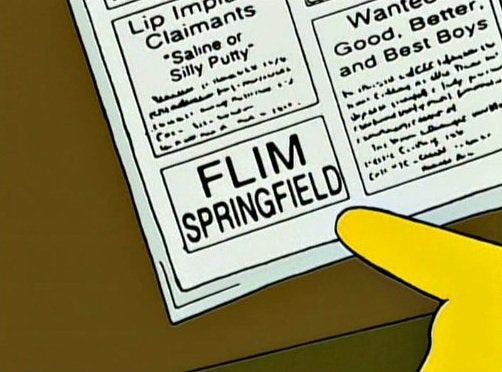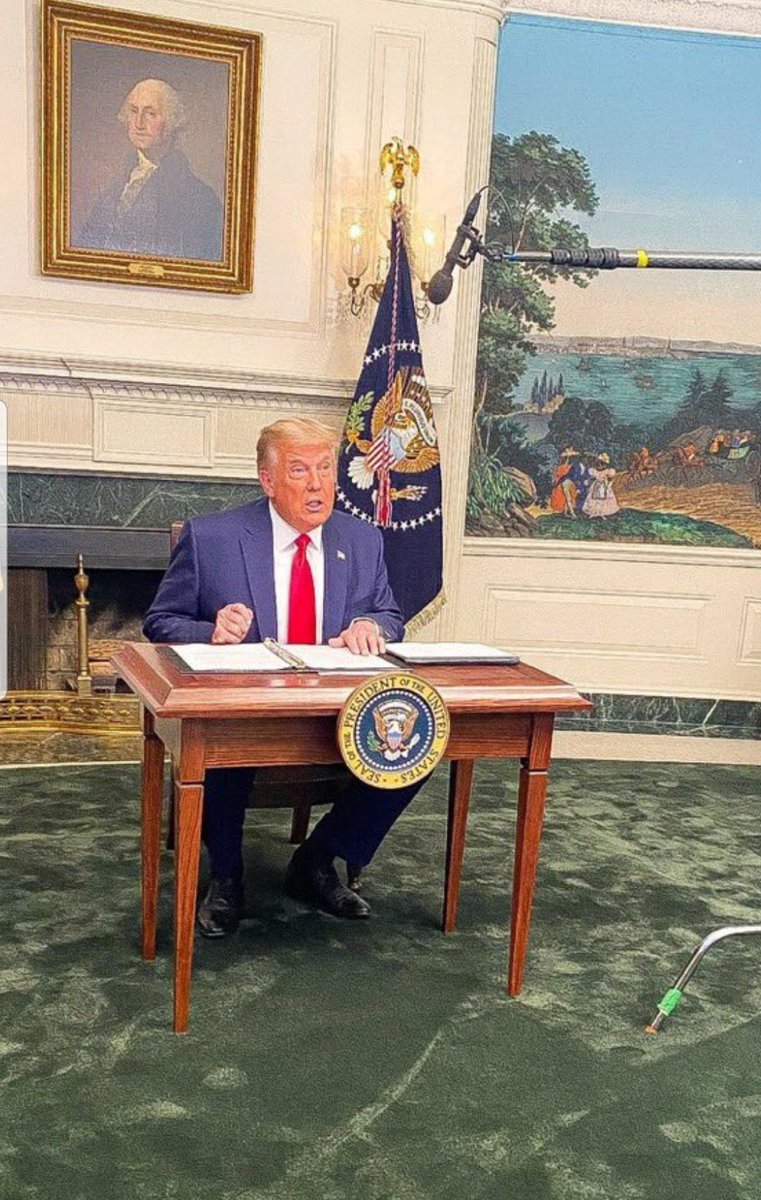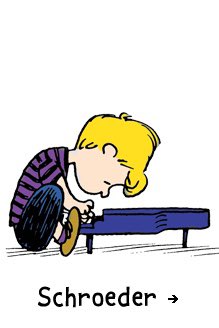some instants are electric
Hi there,
One of my favourite poems, Summing Up by Claribel Alegria, popped up on social media this week. I’ve been thinking about personal essays a lot recently (and working on something I can hopefully announce soon). This is a poem that looks back over a life in the same kind of way, but only at the pivotal moments:
In the sixty-three years
I have lived
some instants are electric:
the happiness of my feet
jumping puddles
six hours in Machu Picchu
the buzzing of the telephone
while awaiting my mother’s death
the ten minutes it took
to lose my virginity
the hoarse voice
announcing the assassination
of Archbishop Romero…
[Difficult to know how to illustrate this one, so stand by for pictures from my 2014 trip to Peru!]
In dissecting personal essays - a genre that has transformed my writing and my relationship to writing in the years since I went freelance - I found that a defining aspect of the genre is the pivotal moment.
That’s an event that the writer can now see changed them. It can look huge or tiny from the outside - as in the poem above, a mother’s death exists alongside a visit to Machu Picchu and the assassination of a Salvadorean prelate in 1980 (Alegria grew up in El Salvador and Nicaragua).
[Posing with a toy llama at Jorge Chávez International Airport on the way home from an amazing time in Peru]
The personal essay is a journey from a past version of ourselves to the present one who’s writing, via this pivotal moment and how it changed us. While it can be hard to tease out the smaller pivotal moments our lives, it can be just as difficult to work out exactly what a larger event taught us, the ways it changed how we think, or saw ourselves, or how kindly we speak to ourselves. That self-analysis is vital to writing a personal essay that connects with the reader.
[A fortune from a fortune cookie after a dinner of chifa in Lima. It says: “Today you will spend tender hours with the one you love.”]
Alegria’s electric instants in this poem tease us with an idea of her, but they tell us more about ourselves. In every moment that she describes, we can trace our own experience, or wonder how we would react, make that instant a part of ourselves. The specific details of someone else’s life ultimately tell us so much about ourselves.
That’s why my personal essays are the pieces that continue to get feedback from readers over time, the odd direct message or a response when of them is quoted or republished or put into a newsletter. Despite the specific detail and the personal nature of the experiences, personal essays are evergreen. They continue to show readers that there is meaning in sharing the electric instants of our lives.
Links of the week
“In the early days of that war, as with this pandemic, ordinary life had been suspended. Schools closed. Many workplaces shuttered. A sense of vague, uncontrollable menace, which just might prove personally lethal, pervaded the atmosphere. But the little frissons of fear that came with the sirens were counterweighted by the intense sociability of life in the verdant courtyard our apartment opened onto… Voices were sleepy and intimate, as though we’d all woken up in each other’s arms.”
“This Saturday is my dad’s yahrzeit (spellcheck asks “do you mean Yahtzee?” which is antisemetic imo), so the theme of this week is Getting Through It. I will, and so will you”
“This week I’m going to tell you how to find the Pleiades star cluster, which really is a beautiful thing to look at this time of year from anywhere in the world.”
Hello schadenfreude my old friend: How Dominic Cummings wasted the greatest opportunity of his life
“There’s this hypothetical idea that people who live in poverty are inherently sympathetic to white supremacist ideas. But again, to drive home the point, there’s no socioeconomic, geographic, or educational level that insulates someone from these ideas.”
Into writing money for words and all the stuff around it? Subscribe to Freelancing with Tim (by NY Times editor Tim Herrera) and look out for his free Zooms. I went to a brilliant one about copywriting last week, and it really demystified things for me.
I really like this winning piece of flash fiction from a fellow member of the London Writer’s Salon (more on the salon below) - it’s such an interesting genre to read, and I want to have a go myself!
Oldies but goodies
I Found My Mother With This London Tube Map From 1977 - this piece was republished over here, and there’s a really sweet comment at the bottom. My personal essays about grief continue to get comments, feedback and even DMs as people continue to discover it and want to reach out to me. It’s kind of fascinating psychologically. I try to reply to as many messages as I can.
Writer’s Hour has been getting some amazing press recently, which is all thoroughly deserved. It’s run by the London Writer’s Salon, co-founded by Matt Trinetti and Parul Bavishi. Book editor and podcaster Parul appeared on Freelance Pod back in May - here’s her delightful episode, full of great insight and advice for writers looking to get a book published.
If you enjoy my work & fancy buying me a virtual coffee, I’d be delighted (and will hopefully experience a virtual caffeine rush):












